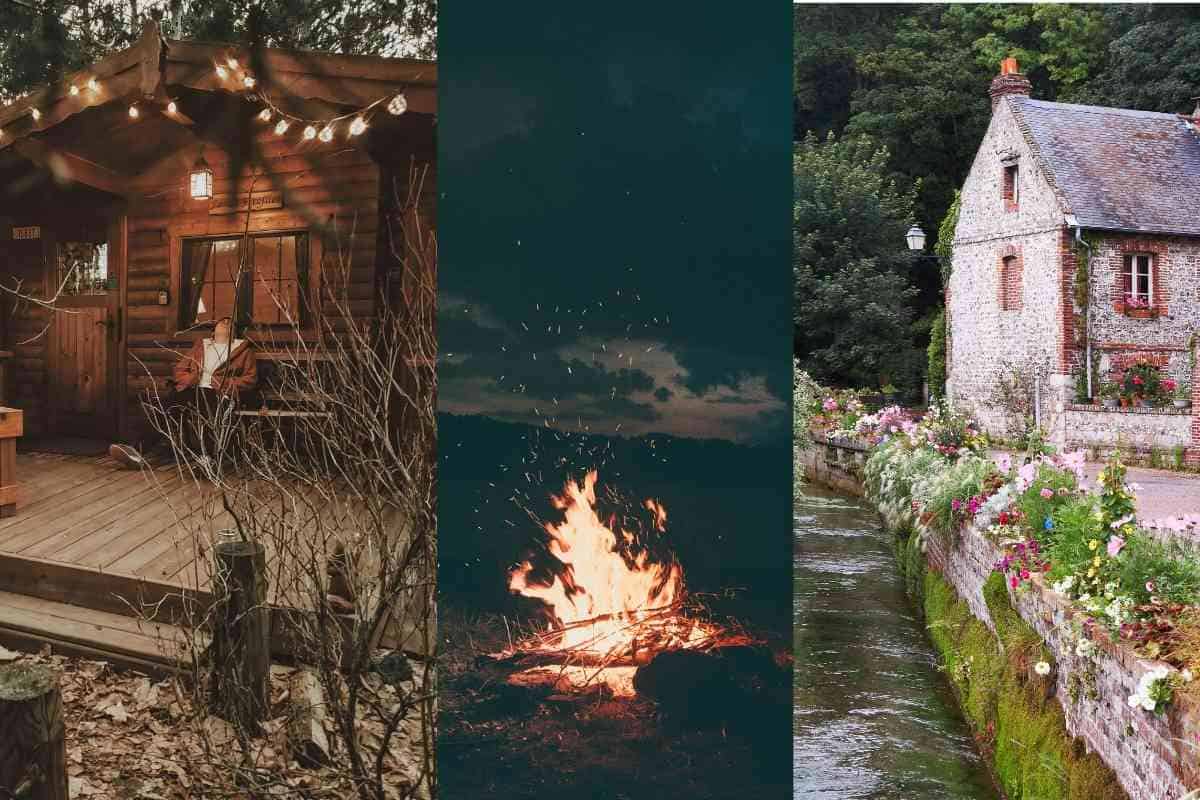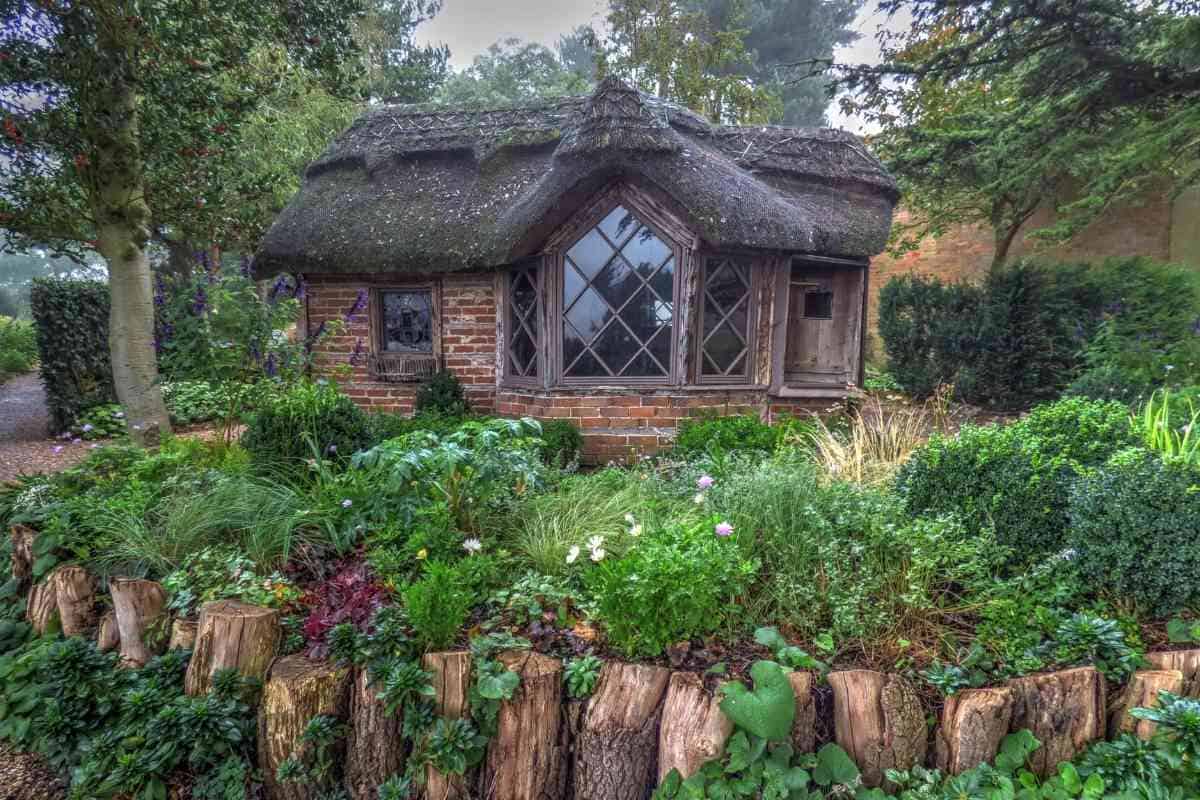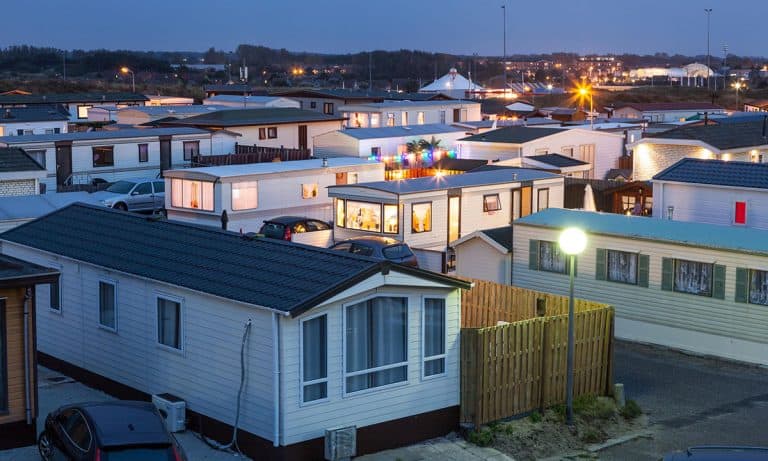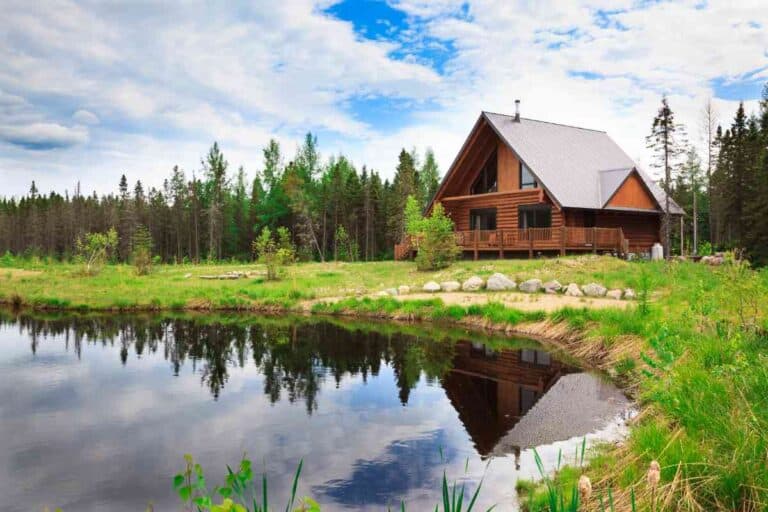What Is The Difference Between A Camp, A Cabin, And A Cottage?
You have probably heard the terms camp, cabin, and cottage used frequently, but might be wondering what the actual difference is between them. Many people confuse the terms camp, cabin, and cottage and use them to refer to the wrong thing. Knowing the difference between the three might help you avoid confusion the next time you book a trip.

What Is The Difference Between A Camp, A Cabin, And A Cottage?
A camp is typically referred to as a location you go to stay in a tent or camper, a cabin is a small house that is situated in a rural area and can be off-grid or with full resources, and a cottage is a small home that is usually designed to resemble an old fashioned home.
The differences between a campsite, cabin, and cottage are not known by many, but it is good to know if you are searching for one or the other. It will help ease the confusion and allow you to know exactly which one you are looking for.
Staying in a camp, cabin, or cottage can be a fun experience and the information in this guide has been provided by industry experts in order to give the most accurate descriptions of each.
What’s The Difference Between A Camp And A Cabin?
In certain places the terms cabin and camp are used interchangeably. However, for the most part the term camp is used to describe an area where someone goes to stay in a tent or camper.
Most people refer to a camp as a campground where you bring your own shelter. Some campgrounds will have power hookups as well as bathrooms and showers, but others are dry campgrounds where there are no hookups or bathrooms.
A cabin is a small house that is typically situated in a rural area. Cabins can be made from a variety of materials but are usually made of wood and can vary in amenities. There are cabins that are dry cabins with no plumbing, off grid cabins that will have their own wood stoves, plumbing and energy sources, and log cabins that are running on public electricity and water. Although cabins are usually smaller in size, there are cabins that are big enough to accommodate large groups of people.
Why Do They Call Maine Cabins Camps?
In most parts of the world, a rural home would be referred to as a cabin. However, in the state of Maine they call cabins in the area camps. For them, it means a place that you go to get away from the craziness of the rest of the world, usually as a summer getaway.
So next time you are in Maine and hear the term camp you will know that they are most likely referencing what you know as a cabin. Camps in Maine might mean a lake house, a small cabin, or even off grid vacation homes.
What Is Considered A Cottage?

A cottage is considered to be a cozy style home in a rural area. Most cottages are smaller and are typically designed and decorated to look like old fashioned homes. Some of them are actually much older homes that families have renovated or maintained over the years.
Most of the time cottages are not permanent residences. People who own cottages will use them as vacation homes, rental homes, and lake houses.
What Square Footage Is Considered A Cottage?
There is not a set amount of square footage that a structure must be to be considered a cottage. However, since most cottages are smaller in size, they are typically less than 2,000 square feet. Many are even smaller than that and they are usually 1 to 3 bedrooms.
What Is The Difference Between A Cottage And A Villa?
A villa is much larger in size than a cottage. While a cottage is intended to accommodate a single family, villas are typically able to accommodate multiple families.
Villas will sometimes have 4 bedrooms or more and overall have much more square footage to comfortably fit a large group of people. Villas are usually in rural areas such as the countryside or along the ocean.
Why Is It Called A Camp?
The origin of the word camp came from back in the 1520’s when it was considered “a place where an army lodges temporarily.” The word has stuck throughout the years and it is still considered a place to lodge temporarily since most people come for a select number of days and then head back home.
What Is It Called When You Camp In A Cabin?
When most people think of camping, they think of staying in a typical tent. You are most likely going to stay at a campground that may or may not have water or power hookups.
However, some people will mention camping, but they are actually staying in a cabin. This is sometimes called cabin camping or “glamping.” The term “glamping” is short for glamorous camping and is usually referring to camping in a cabin that has a bed, toilet, and the amenities that a house would have.
Many people do not consider staying in a cabin true camping because that is usually thought of as staying in a tent with a sleeping bag and not having access to luxuries such as running water and electricity.
If you are staying in a dry cabin or one that does not have running water and electricity then this would not be considered “glamping” and would most likely be considered cabin camping as you do not have access to basic resources.
What Are The Different Types Of Camping?
Although most people think of staying in a tent when you camp, there are several different types of camping that people will do aside from typical tent camping. There are quite a few different ways that people camp depending on how comfortable you are outdoors.
Backpacking Camping
Backpacking camping or hiking camping involves packing everything you need into a backpack that you carry with you as you go. Some people will backpack for 1 week and others go for several weeks.
When backpacking, you may pack a tent that you carry with you and others will only have a sleeping bag that they sleep in each night when they stop for the day.
Car Camping
Car camping is just as it sounds. It works great if you have an SUV because you will end up pitching a tent on top of your car.
There are tents specifically designed for this type of camping and they even come with ladders to get into your tent at night.
For some people this can be a great introduction to camping without feeling like you are truly sleeping on the ground. This can be a fun experience for the whole family and you can find national parks that are extremely scenic with great campgrounds.
Bicycle Touring Camping
Bicycle touring camping is similar to backpacking except you are using a bicycle to get around instead of your own two feet. This can be a faster way to see more of wherever you are camping. Bicycle touring camping can be done all over the world and all you need is a bicycle and a rack to hold your things while you cycle.
With bicycle touring camping you can potentially get a lightweight tent to transport with you or you can sleep in a sleeping bag which is similar to what you do when backpacking.
Survival Camping
Survival camping is truly roughing it. This is taking it even further than what most people think of when camping. Survival camping involves being dropped in the middle of nowhere with hardly anything.
You will need to find ways to build shelter, start a fire, gather food, and handle stressful situations if they occur. Survival camping is only recommended for those people that are very comfortable in the outdoors and know the area that they will be going to very well.
Overlanding
Overlanding is a different type of adventure and only works if you have a 4×4 vehicle. With overlanding you are going to be going to rough areas that are hard to explore for most people.
This is commonly done with people who have vehicles such as jeeps and there is no real destination. You are just driving until you find beautiful places to stop and camp for the evening. With overlanding you may find new waterfalls, scenic points, and beautiful forests.
Hammock Camping
For the people who do not want to camp in tents, but still want the experience of sleeping outside, hammock camping is perfect.
All you need for hammock camping is two trees or poles to tie each end of your hammock to. Outside of your hammock, it is up to you how you want to camp. Whether you want to stay at a campground or take your hammock backpacking, it is completely up to you.



![Can You Live In A Yurt Year-Round? [4 Things To Consider!]](https://freedomresidence.com/wp-content/uploads/2022/05/Can-You-Live-in-a-Yurt-Year-Round-1-768x512.jpg)
![Are Poplar Logs Good For Log Cabins? [And Why?!]](https://freedomresidence.com/wp-content/uploads/2022/05/Are-Poplar-Logs-Good-for-Log-Cabins-1-768x512.jpg)

